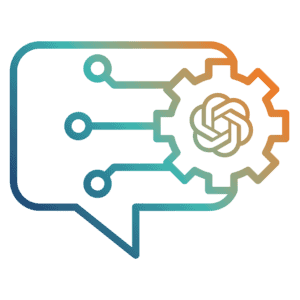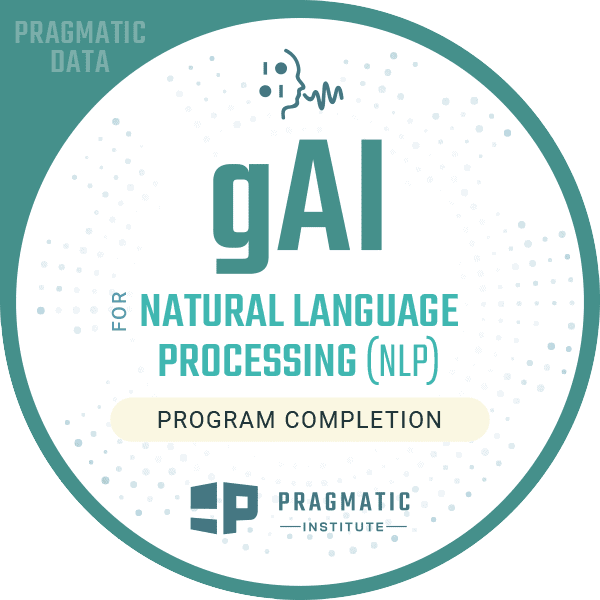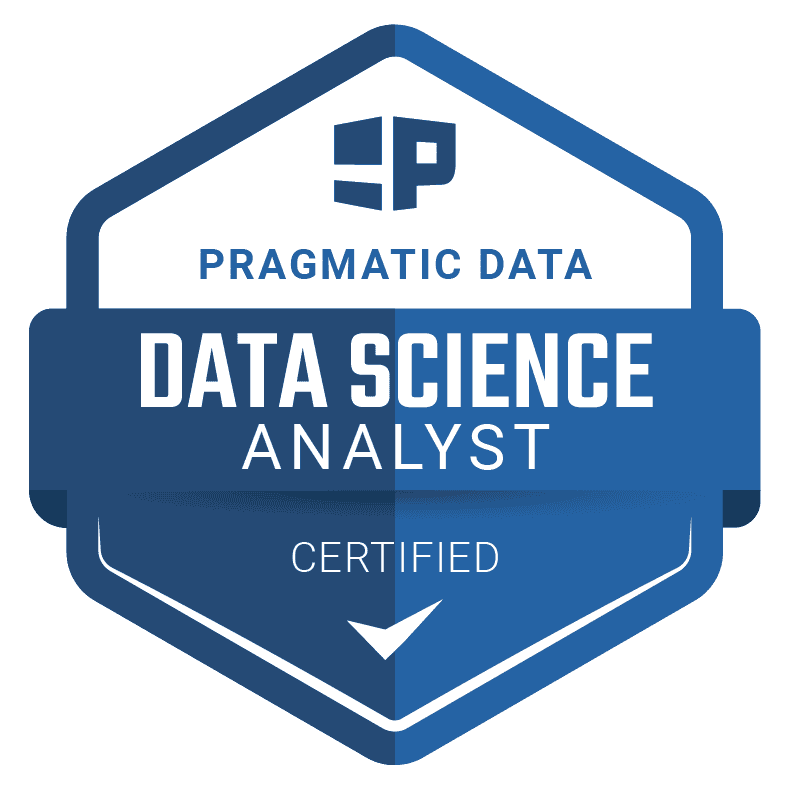Generative AI for NLP
Transform natural language text into insights with Generative AI

In today’s rapidly evolving digital landscape, businesses need to exploit all their data sources to gain deep insights, automate processes, and drive innovation. One largely untapped resource is the unstructured text in user reviews, customer communications, and internal documents.
Generative AI for Natural Language Processing (NLP) introduces you to state-of-the-art techniques in artificial intelligence and shows how to use these techniques to extract information from unstructured text.
Through hands-on exercises and real-world examples, you’ll learn how to use large language models (LLMs) via a Python API, empowering you to identify sentiments, categorize by topics, summarize documents, and generate new text.
To stay competitive, your organization needs access to all the information and insights it can get. This course helps anyone do what was until recently a specialized job: extract information and insights from natural language text.

Prerequisite: Data Wrangling with Python course, or strong Python and data coding skills:
- Basic Python syntax
- Flow control structures (loops and conditionals)
- Function definition and calling
- Basic Python data structures (lists and dictionaries)
- NumPy arrays
- Pandas DataFrames
What You’ll Learn from the Generative AI for NLP Course
Large Language Models
- Learn how predictive models are transformed into generative models
- Tune the output of LLMs by adjusting their temperature
- Understand the fundamental ideas behind the transformer architecture
OpenAI Models
- Access the OpenAI models through their Python API
- Properly handle errors and timeouts from the API
- Format responses for ease of further analysis
Prompt Engineering
- Improve model output with prompt engineering techniques
- Avoid prompt injection vulnerabilities by separating instructions from data
- Tune the response format and content with few-shot learning
Natural Language Processing
- Understand the differences between traditional NLP and generative AI
- Extract authors’ sentiment from their text
- Sort documents into categories based on their content
- Summarize, translate, and create documents
- Find similar documents with vector embeddings and RAG

Self-Paced, Hybrid Course
- 19—28 hours course (depends on experience with Python and data)
- 7 hours of self-paced content
- 4—6 hours exercises
- 8—15 hours mini-project
- Hands-on, project oriented experiential learning
- Learn at your own pace
- Instructor office hours for supplemental support
- No travel
Common Roles
- Junior business analysts, data analysts, finance analysts, BI analysts, MI analysts, product operations, design operations, project managers
- Individuals looking to get a foundational understanding of AI/data science techniques and learn how to leverage AI tools to solve simple to intermediate real-world business problems
Key Takeaways
By the end of this course, you will be able to:
Accelerate LLM Implementation
- Build and deploy advanced NLP solutions to gain a cutting-edge AI advantage.
- Automate labor-intensive tasks such as content moderation, text classification, and summarization.
Optimize Model Customization
- Leverage prompt engineering techniques to tailor model outputs for specialized business use cases.
Drive Strategic Business Insights
- Integrate generative AI solutions into broader enterprise workflows, fueling innovation and a stronger bottom line.
- Translate high-level NLP concepts into actionable strategies that accelerate data-driven decision-making.

Ready to start?
Generative AI for NLP
Upon completing Generative AI for Natural Language Processing, you’ll have the skills to rapidly prototype, customize, and responsibly deploy powerful language models—transforming raw text into strategic assets for your organization.
Your Path To Certification
- Enroll in All Three Courses: Complete Data Wrangling with Python, AI & Machine Learning, and Generative AI for NLP.
- Engage & Apply: Learn at your own pace, apply concepts with hands-on exercises, and attend office hours for personalized support.
- Demonstrate Mastery: Validate your new abilities through real-world mini-projects.
- Earn the Credential: Upon successful completion of all three courses, you’ll be awarded the Data Science Analyst Certification.

Interested in Team Training?
Get in contact with our sales team today!

 .
. 
